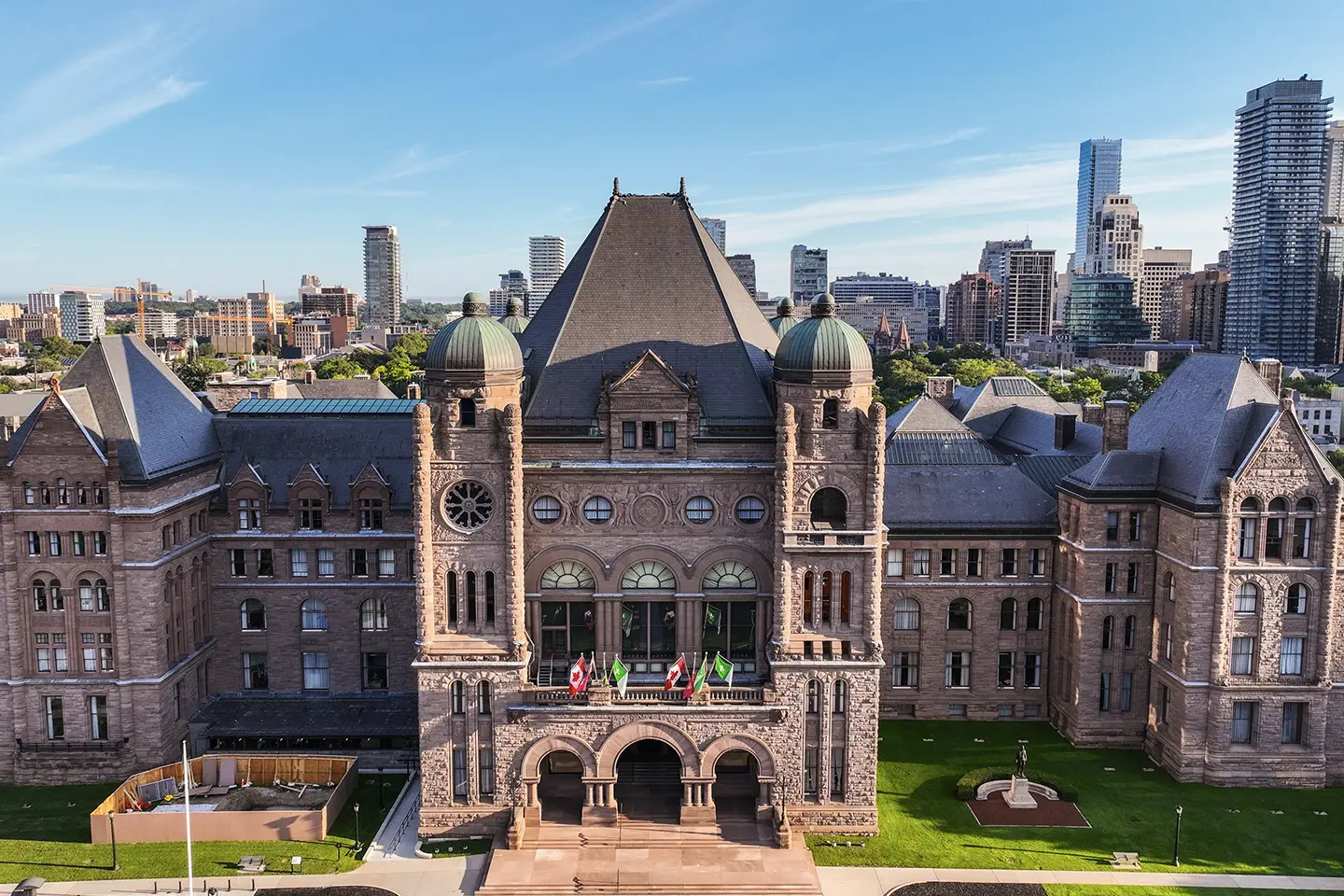EPR Across Canada

EPR Across Canada
Extended Producer Responsibility (EPR) is an environmental policy approach that holds producers of consumer goods accountable for the collection and management of their products and packaging at end-of-life. It shifts the physical and financial responsibility of recovering and recycling resources (used products and packaging) away from local governments and onto the industries that are responsible for putting those resources on market. For example, under an EPR framework, a municipality would no longer be responsible for operating and funding a curbside blue box recycling program.
Instead, the producers of the materials that end up in the blue box would assume that responsibility. Through EPR, producers – who are typically brand owners, retailers, or first importers – fund processes such as collection, sorting, recycling, and refurbishment to ensure proper end-of-life management and to promote a circular economy.
In Canada, EPR has been applied to a broad and growing range of products, including batteries, electronic and electrical equipment, paints, packaging and paper, oil filters, tires, and more. By making the producers of these products responsible for end-of-life management, EPR encourages industry to prioritize material recovery, reuse, and recyclability in their product and packaging designs. This, in turn, helps reduce the amount of waste sent to landfill and the reintegration of recovered resources back into new products and packaging, which is the goal of a circular economy.
Canada’s Evolving EPR Landscape
Waste management is a shared responsibility amongst all levels of government, with provincial and territorial governments primarily responsible for establishing waste reduction policies and programs. As such, provinces and territories are responsible for creating their own rules and regulations governing resource recovery for products and packaging at end-of-life. In doing so, many are choosing to adopt or shift to an EPR policy approach.
Provinces and territories across Canada continue to introduce new EPR regulations and programs, refine and modernize established ones, and explore ways to expand requirements by considering new categories of obligated materials and extending their focus beyond residential waste to include waste from industrial, commercial, and institutional sources.
Every province and territory currently has an EPR approach either under review, in development, or in transition for at least one material category (packaging, electronics, tires, etc.), and in many cases, for several at the same time. Notably, all these provincial and territorial undertakings are happening at different times, on different schedules, and through their own individual regulatory development or amendment processes, involving a multitude of interested and impacted stakeholders.
While there are some similarities between jurisdictions regarding what products are mandated for resource recovery, who is responsible, what are the intended outcomes, and how those outcomes can be achieved, there remain many differences in requirements which impact how recovery systems operate and how producers meet their legal obligations, adding complexity to the implementation and execution of EPR policies across Canada.
EPR & Your Organization
As the EPR landscape continues to evolve, staying apprised of these changes is critical for businesses that may experience new or expanded responsibilities and costs, for organizations that operate recovery and recycling programs, and for companies that collect and process end-of-life materials.
Awareness of new or updated requirements and engaging with policymakers can help companies navigate this dynamic landscape effectively, ensuring impacts to your business are considered and your interests are represented in the regulatory review process.


